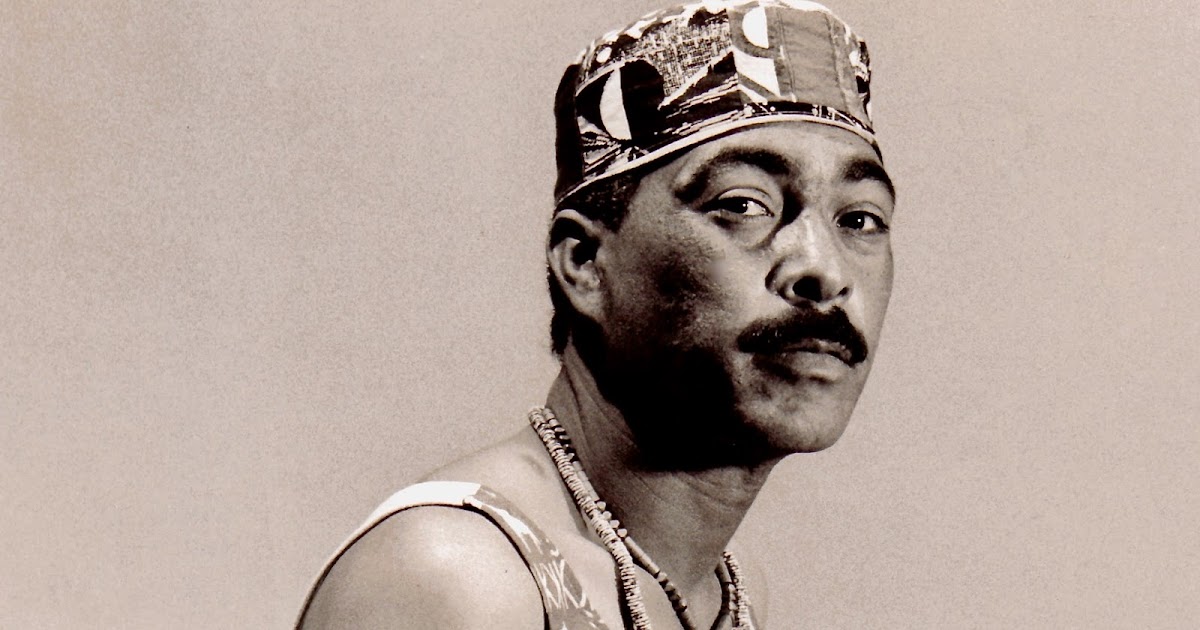Robbie Jansen: Biography

Born: 1 August 1949, Cape Town, South Africa
Died: 7 July 2010, Cape Town, South Africa
Occupation: Saxophonist, flautist, vocalist, bandleader
Also known as: “The Cape Doctor”
Robbie Jansen (1949–2010) occupied a visible place in the emergence and consolidation of Cape jazz in the late twentieth century. His recordings and performances linked vernacular rhythm traditions of the Cape Flats to the broader language of modern jazz, producing a sound that circulated on local stages and, at intervals, in international venues. Jansen’s career is documented through ensemble work, bandleading, studio sessions, and sustained appearances in clubs and festivals, reflecting the working conditions of professional musicians in apartheid and post-apartheid South Africa.
Jansen was born in Cape Town and spent his childhood in neighborhoods where church music, brass band processions, and carnival repertoires formed part of public culture. Accounts from the period note that he began his musical activity on guitar in dance bands before moving to saxophone and flute. This transition aligned him with the horn led small groups that shaped much of the city’s live economy in the 1960s and 1970s. His tone often described as robust and direct placed emphasis on melody carried by rhythmic phrases that borrowed from goema and related idioms.
Jansen’s profile rose in 1974 when he participated, alongside Basil Coetzee, in Abdullah Ibrahim’s recording of Mannenberg. The piece traveled beyond its initial circulation to become a widely recognized theme in South African musical life during the apartheid years. Jansen’s contribution on saxophone is frequently cited in discussions of the work’s ensemble texture. While Mannenberg did not define his output in total, it fixed his name in the public record and connected him to a cohort of Cape musicians who adapted local rhythmic signatures to jazz structures.
During the late 1970s and 1980s, Jansen appeared both as a sideman and as a bandleader. He worked with Ibrahim in different contexts and helped establish groups that bridged jazz, soul, and funk. Pacific Express emerged in this period as an ensemble associated with crossover repertoire and dance floor audiences. In later years he led The Sons of Table Mountain, a project oriented toward performing Cape jazz material to new listeners while maintaining repertory ties to the city’s earlier bands. These activities illustrate the dual path followed by many musicians of the era: participation in collaborative studio work and the maintenance of independent working groups for live performance.
Jansen’s itinerary included travel to European and North American stages where South African jazz found periodic engagement. Documentation from interviews and concert listings shows recurring returns to Cape Town, where he continued to perform, rehearse, and mentor younger players. Community workshops, informal coaching, and appearances at schools and cultural centers formed part of his routine, contributing to knowledge transfer in a scene that relied heavily on oral transmission and on the job learning.
In the 2000s, Jansen’s health declined. Even so, he remained intermittently active until his death in July 2010. The period is marked in the public record by tributes and memorial concerts that framed his life in terms of service to local music and the endurance of Cape jazz as a category of practice rather than a fixed genre. Obituaries emphasized his recognizability as a performer and his role in consolidating a repertoire that linked social dance rhythms with small-group improvisation.
Jansen’s legacy is commonly located in three areas: the early visibility secured through Mannenberg; the persistence of horn led Cape jazz ensembles on club and festival stages; and the mentoring relationships that connected him to subsequent generations of players. The moniker “The Cape Doctor,” drawn from the name given to the south-easterly wind, attached to him in circulation and underscores his association with the city. Assessments of his work tend to situate him as a consolidator: an artist who carried local rhythmic knowledge into professional recording and performance circuits, thereby assisting in the documentation of a regional sound.
Selected Discography
- Mannenberg (with Abdullah Ibrahim, 1974)
- Pacific Express recordings (late 1970s)
- Sons of Table Mountain (various releases and live recordings, 1980s–2000s)
Key Associations
- Abdullah Ibrahim — ensemble collaborator on Mannenberg
- Basil Coetzee — fellow Cape saxophonist and recording partner
- Pacific Express — jazz-soul-funk ensemble associated with crossover audiences
- Sons of Table Mountain — Jansen-led group performing Cape jazz repertoire